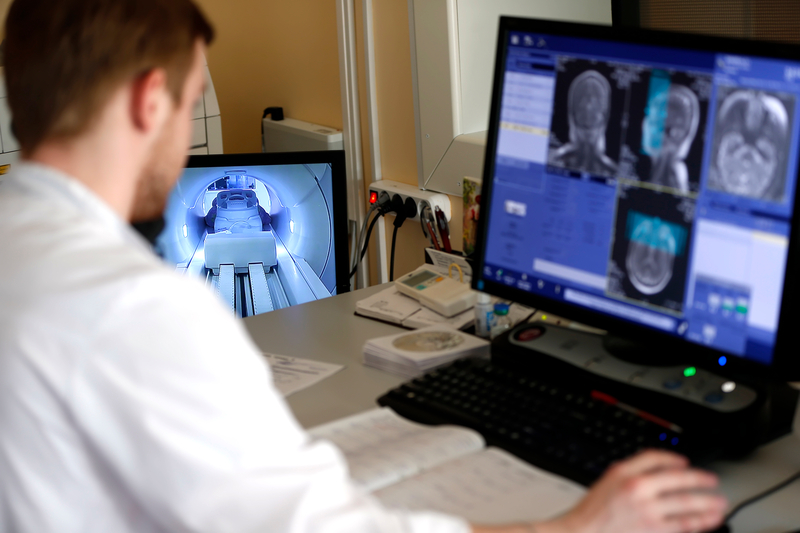Pharmaceutical testing company Inotiv faces an investigation into whether its monkey-sourcing practices may have violated the US foreign bribery law.
The SEC has sent Inotiv a request for documents and information relating to the company’s and several subsidiaries’ importation of “non-human primates” from Asia, including whether its practices comply with the Foreign Corrupt Practices Act (FCPA), Inotiv said in a recent securities filing.
The SEC action comes after the US Department of Justice (DOJ) issued subpoenas to Inotiv and Charles River Laboratories in a probe of a monkey-smuggling operation. The SEC is also investigating Charles River, as disclosed in the company’s recent earnings report.
Disclosures
Inotiv’s Form 10-Q says that on May 23, Inotiv received a voluntary request from the SEC seeking documents and information for the period December 1, 2017 to the present regarding its importation of non-human primates from Asia, including information relating to whether their importation practices complied with the FCPA.
The Company is fully cooperating with the SEC, it said.
Charles River said the company was informed on February 16 by DOJ that that agency, in conjunction with the US Fish and Wildlife Service, had launched an investigation into the company’s conduct regarding several shipments of non-human primates from Cambodia.
Nationally funded primate research centers maintain domestic colonies for biomedical research, but about 30,000 are imported each year to meet the supply needed to test experimental drugs and vaccines before they enter human trials.
In Charles River’s 10-Q filing, the company said it had received an inquiry from the SEC on May 16 requesting it to voluntarily provide information primarily related to the sourcing of non-human primates in Asia, and the company is cooperating with the request.
Primate research and fraud
Nationally funded primate research centers maintain domestic colonies for biomedical research, but about 30,000 are imported each year to meet the supply needed to test experimental drugs and vaccines before they enter human trials.
In November 2022, US prosecutors in Florida charged (and a jury later indicted) eight people with capturing endangered, long-tailed macaques from national parks and protected areas and falsifying permits amid a shortage of the monkeys at the breeding facilities.
One of those charged was a Cambodian wildlife official who was arrested in the US while traveling to a conference on protecting endangered species.
That official, plus a colleague in Cambodia’s wildlife agency, and six people connected to a Hong Kong-based company, were involved in the conspiracy, prosecutors say. The charges revolved around payments to Cambodian government officials for the receipt of the permits – ones that falsely showed the monkeys were bred in captivity, when some were captured from national parks and protected areas.
The criminal conspiracy ran from at least December 2017 to January 2022, the US Attorney’s Office for the Southern District of Florida said, and that case is pending.
















